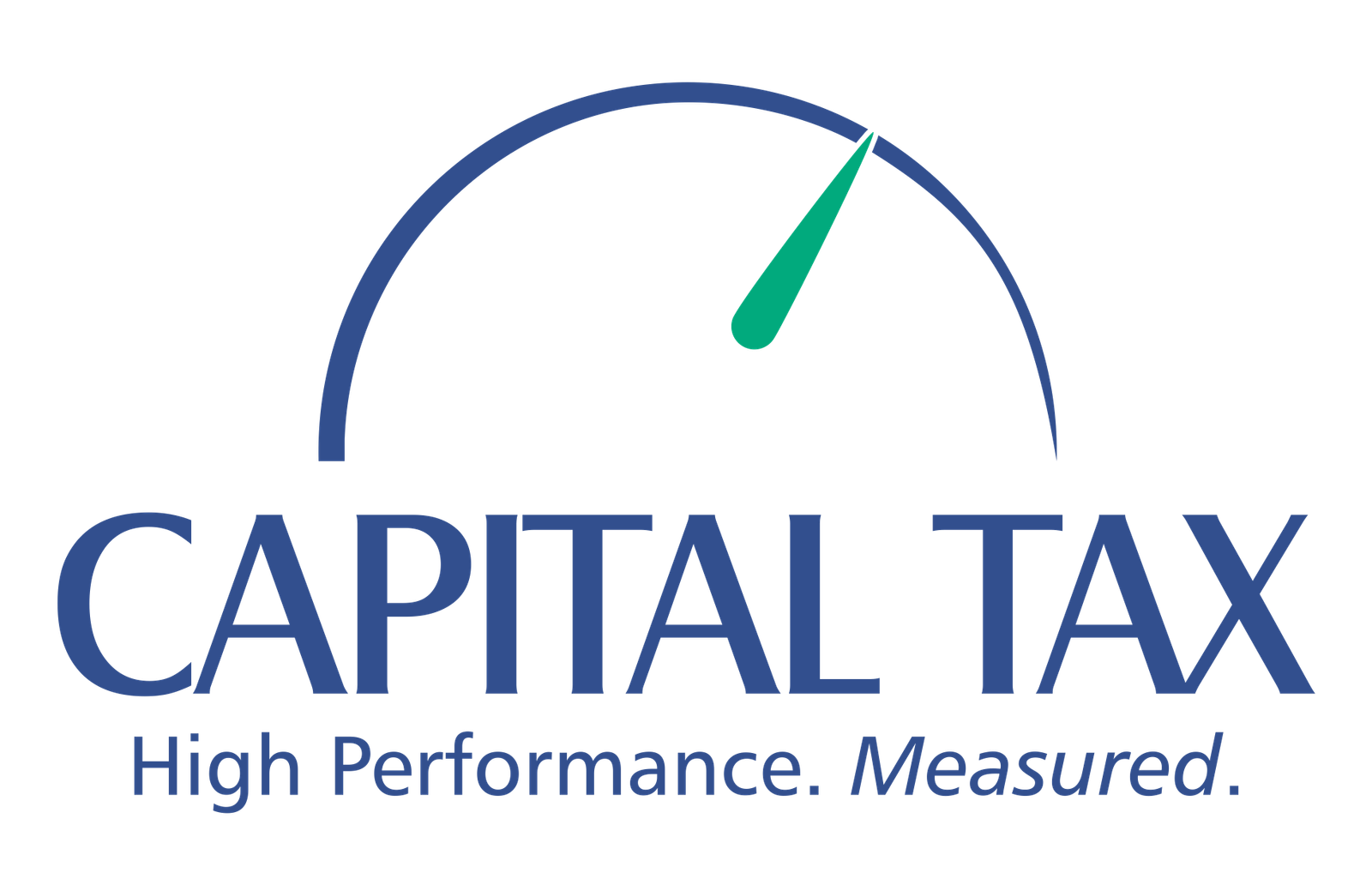If you employ someone to work for you around your house, it is important to consider the tax implications of this type of arrangement. While many people disregard the need to pay taxes on household employees, they do so at the risk of paying stiff tax penalties down the road.
If a worker is your employee, it does not matter whether the work is full-time or part-time or that you hired the worker through an agency or from a list provided by an agency or association. It also does not matter whether you pay the worker on an hourly, daily or weekly basis or by the job.
Also, if an agency provides the worker and controls what work is done and how it is done, the worker is not your employee.
Example: You pay Roger to care for your lawn. Roger also offers lawn care services to other homeowners in your neighborhood. He provides his own tools and supplies, and he hires and pays any helpers he needs. Neither Roger nor his helpers are your household employees.
When you hire a household employee to work for you on a regular basis, he or she must complete USCIS Form I-9 Employment Eligibility Verification. It is your responsibility to verify that the employee is either a U.S. citizen or an alien who can legally work and then complete the employer part of the form. It is unlawful for you to knowingly hire or continue to employ a person who cannot legally work in the United States. Keep the completed form for your records. Do not return the form to the U.S. Citizenship and Immigration Services (USCIS).
If you have a household employee, you may need to withhold and pay Social Security and Medicare taxes, or you may need to pay federal unemployment tax or both. If you pay cash wages of $2,100 or more in 2018 to any one household employee, then you will need to withhold and pay Social Security and Medicare taxes. Also, if you pay total cash wages of $1,000 or more in any calendar quarter of 2017 or 2018 to household employees, you are also required to pay federal unemployment tax.
Note: If you do not need to pay Social Security, Medicare, or federal unemployment tax and do not choose to withhold federal income tax, the rest of this article does not apply to you.




